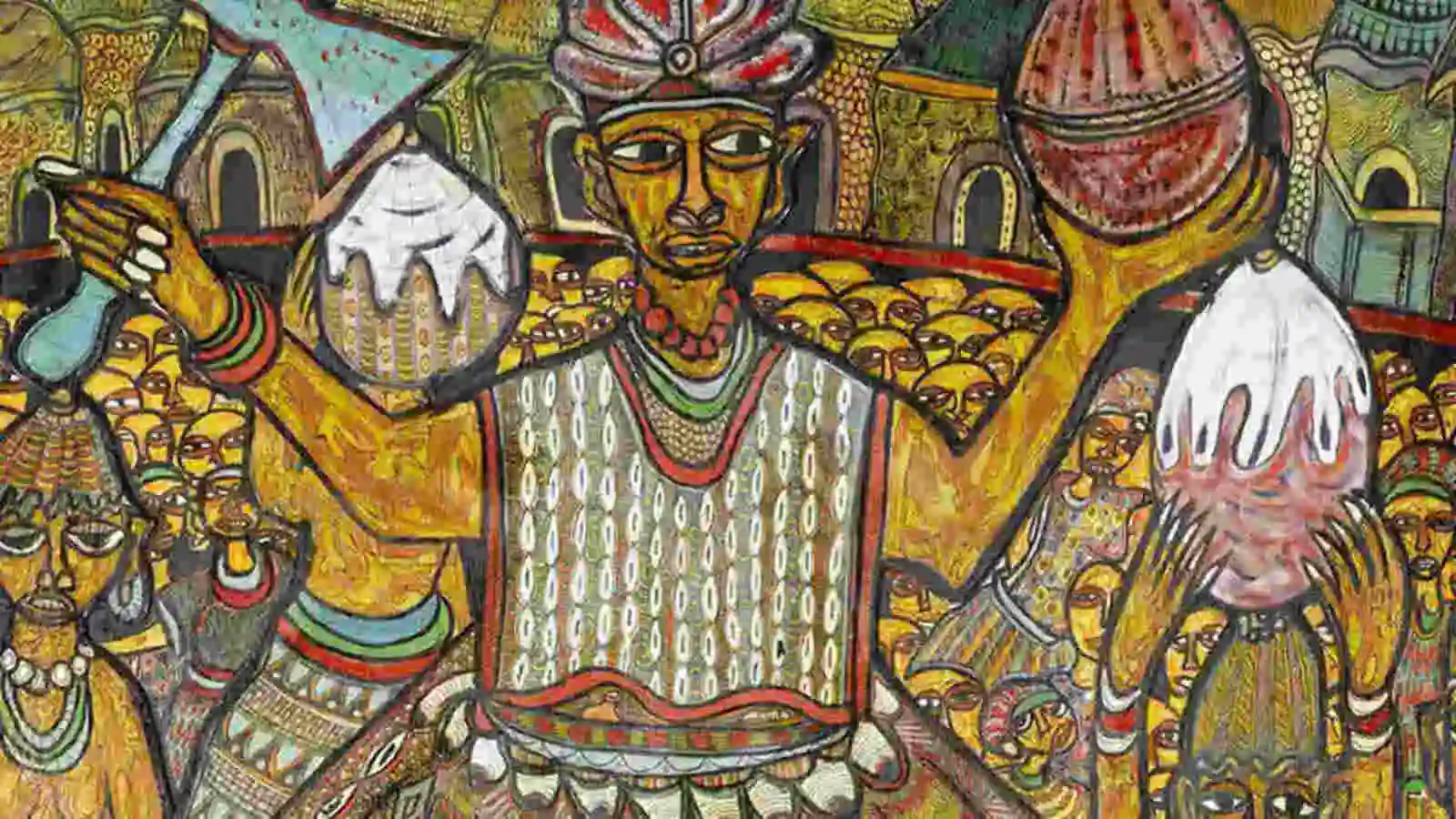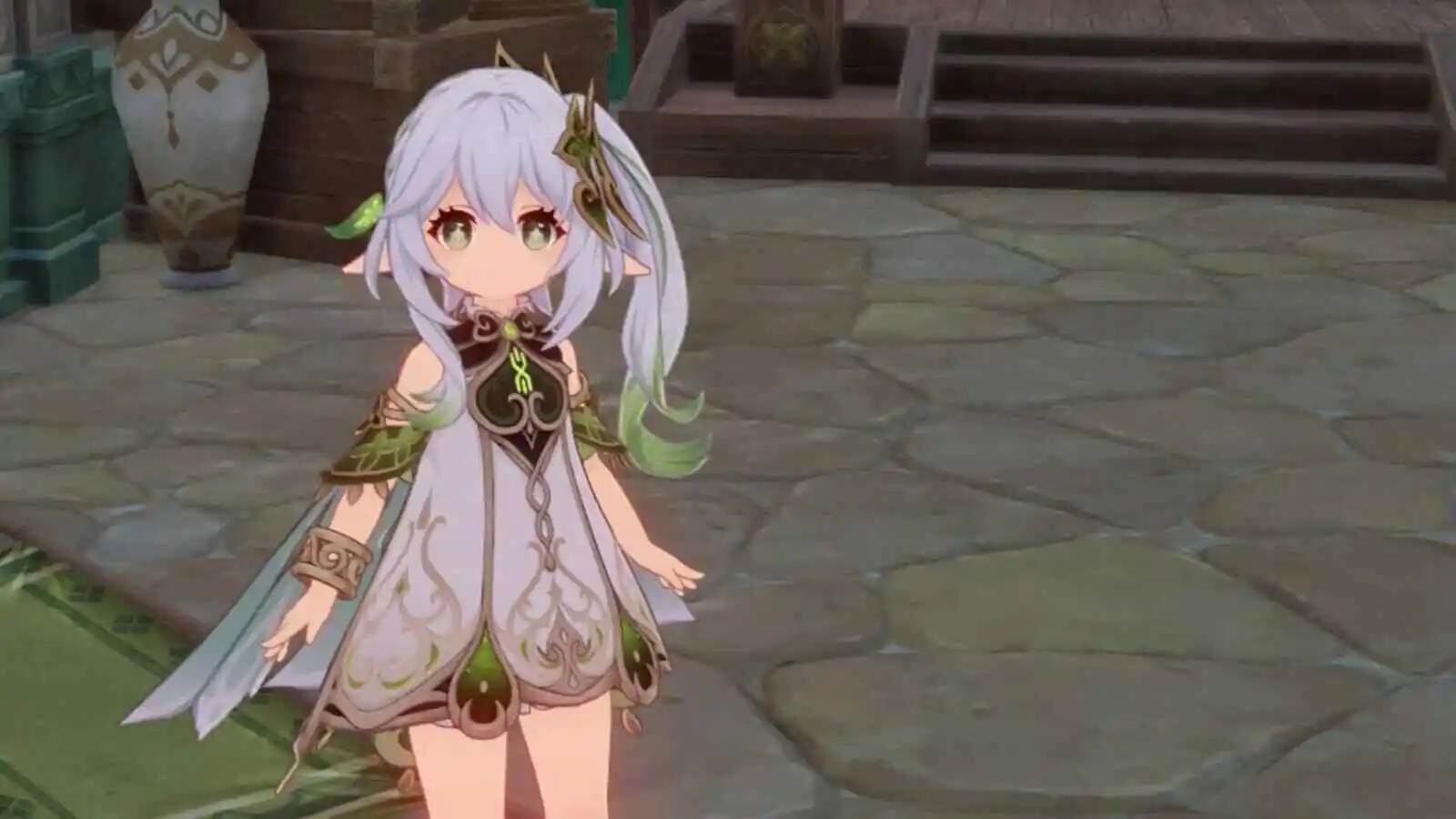African gods and goddesses have been an integral part of African culture for centuries. These deities are believed to have supernatural powers and are worshiped by people in different parts of the continent. The gods and goddesses are believed to control various aspects of life such as fertility, agriculture, and war. They are also believed to have the power to heal the sick and protect the community from harm.
There are many other African gods and goddesses, each with their own unique characteristics and powers. These deities are an important part of African culture and play a significant role in the daily lives of many people on the continent. They are often invoked for protection, guidance, and blessings in all aspects of life.
African Gods Of Sun
One of the most widely recognized African gods is the god of the sun, known by many different names depending on the culture. In ancient Egypt, the god of the sun was known as Ra, who was considered to be the creator of the world and the ruler of all other gods.
In other cultures, such as the Ashanti people of Ghana, the god of the sun is known as Obatala. He is believed to be the creator of the world and the ancestor of all living things.
Moon Gods Of Africa
Another important African god is the god of the moon, who is often associated with fertility and the cycles of life. In ancient Egypt, the god of the moon was known as Khonsu, who was believed to be responsible for the fertility of women and the abundance of crops.
In other cultures, such as the Yoruba people of Nigeria, the god of the moon is known as Oya. She is associated with death, rebirth and transition.
African Elemental Gods
African gods are also associated with Different natural elements such as rivers, lakes, and oceans.
Hapi: The god of the Nile, known as Hapi, was an important deity in ancient Egypt. He was believed to be responsible for the annual flooding of the Nile, which was necessary for the growth of crops.
Mami Wata: In other cultures, such as the Bantu people of South Africa, the god of the ocean is known as Mami Wata. She is believed to be the ruler of the sea, and is associated with wealth, fertility and good fortune.
Shango: The god of the sky and thunder, Shango is a popular god among the Yoruba people of Nigeria. He is often depicted holding a double-headed axe, which is said to be able to create thunder and lightning. Shango is considered to be a powerful warrior and is often invoked for protection and strength during times of conflict.
African Gods Connected With Animals And Profession
African gods are also associated with specific animals. For example, the god of lions is considered to be a powerful and fierce protector in many cultures. The god of the leopard is also considered to be a powerful and feared animal, and is often associated with witchcraft and dark magic.
African gods are also associated with certain professions. In some cultures, there is a god of blacksmiths, farmers, hunters, and even traders. These gods are believed to protect and guide those in these professions, and are often invoked for blessings and protection.
Anansi: One of the most well-known African gods is Anansi, a spider god from the Ashanti people of Ghana. Anansi is considered to be the god of wisdom and storytelling. He is often depicted as a spider and is said to have the ability to spin webs of knowledge and wisdom. According to Ashanti folklore, Anansi is also said to have stolen all the stories in the world and hidden them in a calabash.
Mbidi Kiluwe: In the Congo, the god of the hunt, Mbidi Kiluwe is a very important god. He is said to have the ability to control the animals of the forest, and is invoked by hunters before they go out hunting. Mbidi Kiluwe is also considered to be a protector of the community and is often invoked for protection from harm.
African Gods Representing Different Aspect Of Human Life
African gods are also associated with specific aspects of human life such as love, marriage, childbirth, health, wealth and prosperity. In some cultures, there is a god of healing, who is invoked to cure illnesses and diseases. In others, there is a god of wealth, who is invoked to bring prosperity and abundance.
For example, the god of love is often invoked by couples seeking to strengthen their relationship, or by individuals seeking to find a romantic partner. The god of marriage is often invoked by couples seeking blessings for their union, and the god of childbirth is often invoked by expectant mothers seeking a safe delivery.
Oya: Another well-known African god is Oya, a goddess of the Yoruba people of Nigeria. Oya is considered to be the goddess of death and the afterlife. She is also considered to be a powerful protector of the community and is often invoked during times of war. Oya is also associated with the winds and is said to have the power to control the elements.
Oshun: She is the goddess of fertility, is another important African deity. Oshun is considered to be the protector of women and children and is often invoked for fertility, childbirth and protection. She is worshiped by the Yoruba people of Nigeria and is often depicted as a beautiful woman with a large belly.
African gods are often invoked through rituals and ceremonies. These rituals often involve offerings of food, drink, or other goods, and may also involve dancing, singing, or other forms of celebration. Many African cultures also practice ancestor worship, where deceased ancestors are honored and remembered through rituals and ceremonies.
In conclusion, African gods and goddesses are an integral part of African culture and have been worshiped for centuries. These deities are believed to have supernatural powers and are invoked for protection, guidance and blessings in all aspects of life. They are deeply ingrained in the culture and continue to play a significant role in the daily lives of many people on the continent.
Read More: Most Popular African Gods Everyone Should Know About



